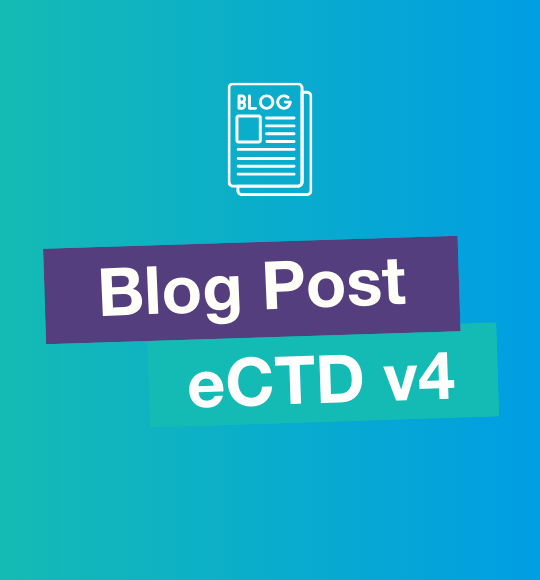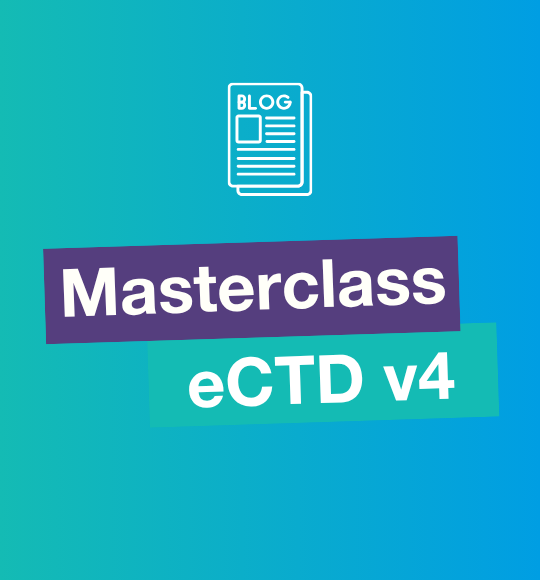On Friday, April 7th, 2017, the U.S. Food & Drug Administration announced a delay to the planned mandatory submission of DMFs in eCTD format. Originally scheduled for May 5th, 2017, the date for mandatory implementation of eCTD-based DMFs has been postponed, and participating organizations will now be required to submit master file data in the eCTD format from May 5th, 2018.
Come May 5th, 2018, all Drug Master File (DMF) submissions will need to be filed electronically with FDA in an eCTD format, or they will be rejected. This upcoming regulation is expected to promote the efficiency of the DMF review process, but are companies ready to comply? Learn more about the new regulation and how to navigate the transition in order to remain compliant.
In the United States, Drug Master Files (DMFs) are submitted to the Food and Drug Administration (FDA) to prove the quality, safety, and efficacy of medicinal products. They recognize four different types of Drug Master Files:
· Type II - Drug Substance, Drug Substance Intermediate, and Material Used in Their Preparation, or Drug Product
· Type III - Packaging Material
· Type IV - Excipient, Colorant, Flavour, Essence, or Material Used in Their Preparation
· Type V - FDA Accepted Reference Information
Type I DMFs (Manufacturing Site, Facilities, Operating Procedures, and Personnel) are no longer accepted by the FDA, but old ones remain on file.
At this time, it is not necessary to submit or resubmit DMFs in an electronic format. However, starting from May 5th, 2018, new DMFs, including any additional submissions relating to existing DMFs, must be submitted in an electronic format - namely eCTD. DMF submissions that are not submitted in eCTD format after this date will be rejected. Details of the exact eCTD specification are available from the FDA in their eCTD guidance document.
Converting existing DMFs to eCTD format
DMF holders may opt to convert any existing paper DMF to eCTD format at any time they choose before May 5th, 2018. Also, if you currently hold a DMF in paper form, you are not required to resubmit it in eCTD format. When submitting your first DMF as an eCTD submission, you will use the existing DMF number. Additionally, if you choose to resubmit a paper DMF in electronic format and there are changes in the content of the DMF, such as new or updated information, you must list the changes in the cover letter for the submission.
Submitting DMFs electronically
Implementing electronic DMFs will improve the efficiency of the DMF review process by making it easier for FDA to review applications and providing the industry with faster approvals. The first step to submit DMFs electronically through FDA Electronic Submissions Gateway (ESG) is to request an ESG test account. Refer to the FDA ESG User Guide for information on how to submit the registration request. Setting up an ESG account is a multi-step process and should be started well before you intend to make your first electronic submission. It is worth noting that only submissions up to a maximum of 10GB can be sent via ESG.
Navigating the Transition
The conversion from paper to eCTD presents significant challenges for many DMF holders. Staying compliant will require additional effort from companies with paper DMFs already organized in the CTD format. These include:
- ensuring that the appropriate level of granularity is used in eCTD submission documents;
- ensuring that document content is optimized for eCTD submission; and
- ensuring that documents conform to FDA’s PDF specifications and/or HC’s Technical Requirements
Companies with older applications that aren’t already organized in CTD format face the additional hurdle of reorganizing/re-authoring content and structuring it around the new format.
With the HC mandate in effect and less than 12 months until the FDA mandate goes into effect, DMF holders should start the transition to eCTD now. If you need help preparing your organization for these changes or converting existing DMFs into electronic format, then reach out to us at any time. Whether you need help in building eCTD submissions or advice surrounding future regulations, EXTEDO´s team of regulatory experts is here to support you throughout your journey by providing you with a wide range of eCTD services.

.png)


